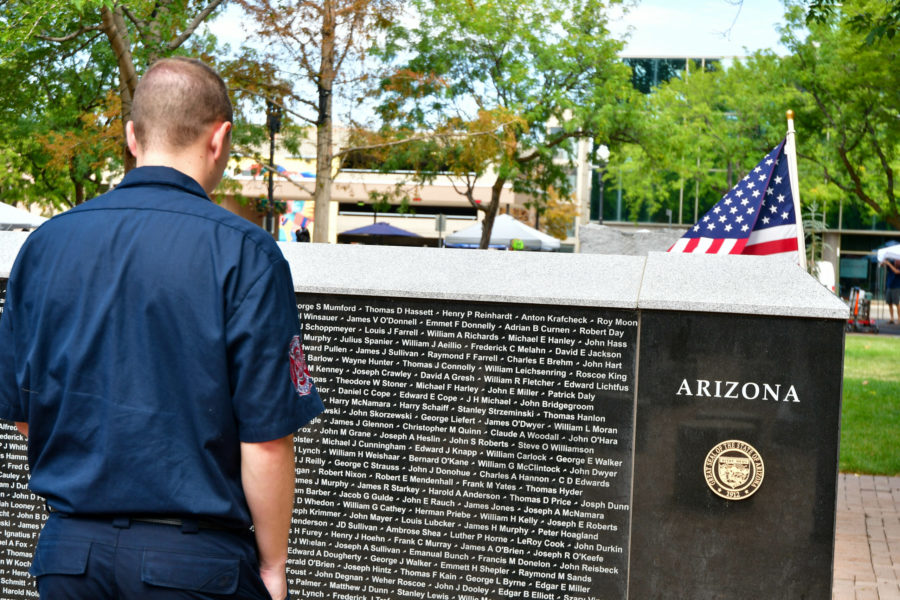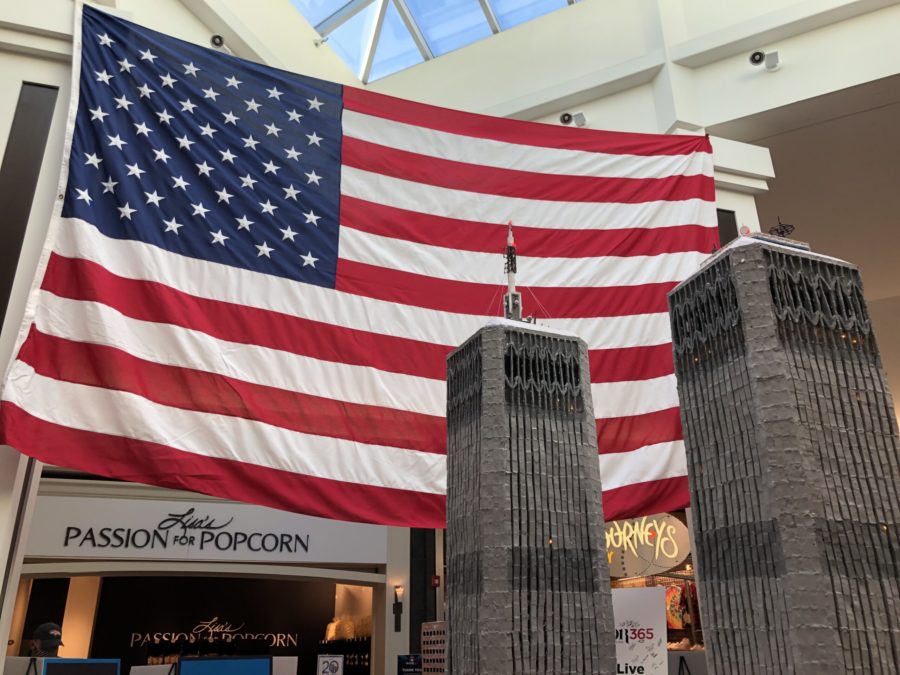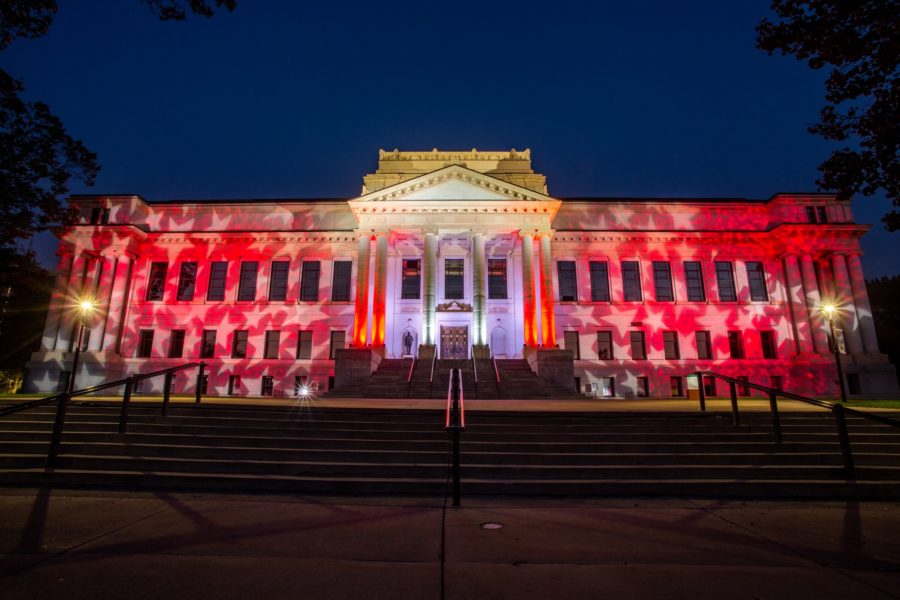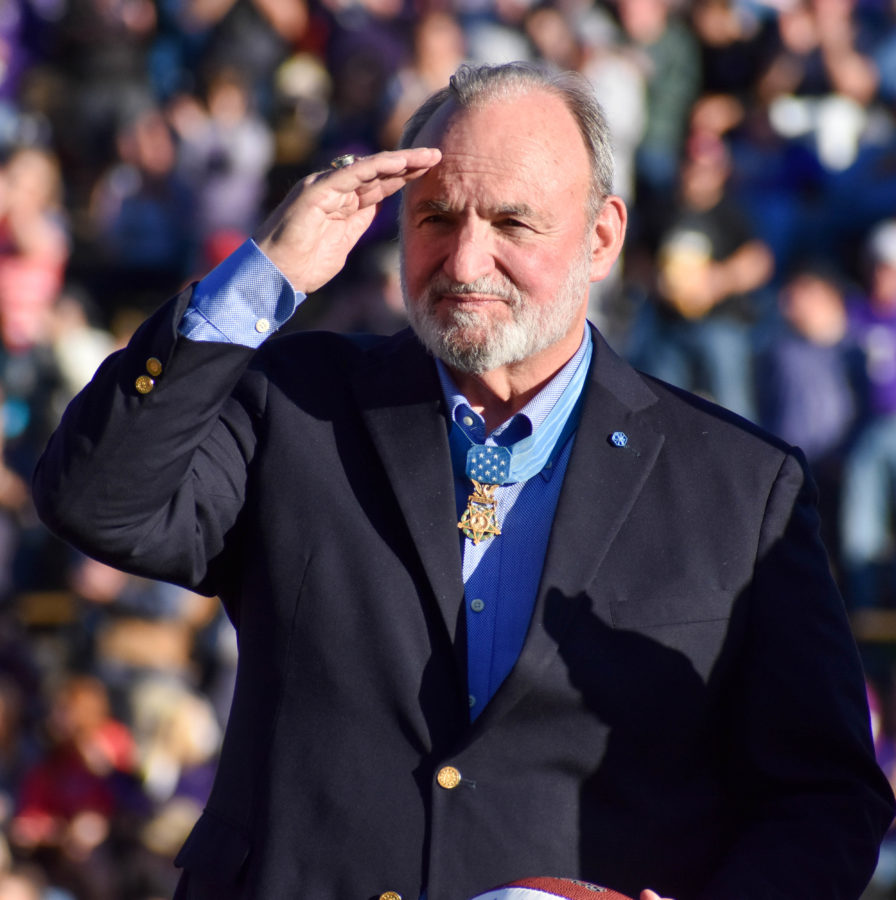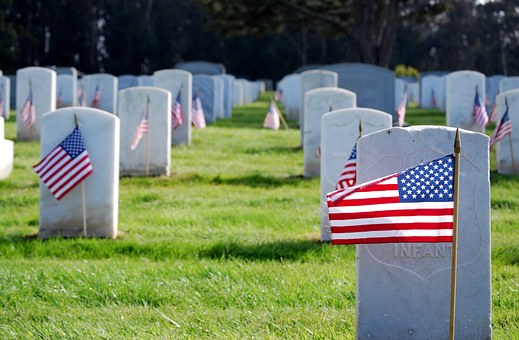Veterans at Weber State University held a panel on Friday to discuss what the Constitution means to U.S. veterans as part of Constitution Week.
After talking about personal experiences in the military and what the Constitution means to each of them, discussion on the panel focused on what the Constitution and the United States government does in relation to how the military operates and how veterans are treated.
The panel agreed that the Constitution works well for the United States military and its veterans, and that the source for many of the current problems in the military and how veterans are treated come from government policy not necessarily based on the Constitution. The main concerns voiced were the way in which both of the major political parties often politicize the military and use the military to achieve political ends, or ignore veterans’ issues and how veterans are able to transition from war to civilian life when they’ve been brought home from overseas.
When asked by the audience, the panel members said they felt the problem with the Constitution is not the document itself, but how Congress and the Supreme Court interpret and uphold it when it comes to assisting veterans. The panelists said not enough is being done by the federal government when it comes to issues that affect veterans.
“We’re less than 1 percent of the population, so at the end of the day, we’re a very small drop of water in the bucket,” said Joshua Wood, a veteran and one of the panelists.
The topic of suicide and psychological problems among veterans also came up. The panelists talked about how the military has done a lot in recent years to combat this issue, but many veterans still struggle with transitioning when they come home. Matt Garner, a veteran and one of the panelists, talked about how different transition periods are today as opposed to half a century ago in World War II.
“They (WWII veterans) had a lot of time to get home,” Garner said. “You didn’t get on an airplane and 48 hours after leaving Baghdad you were sitting in your living room. That is a huge mental change to make. (In WWII) when they got on the boat, they had a month or two to get home, and I think there is something to be said to that.”
After the panel dispersed, a final speaker came up to the podium. Charlie Chandler, a retired Army chaplain, gave his own unique perspective of the Constitution as a religious figure in the military. He maintained that the Constitution should be amended only when absolutely necessary.
“Let’s be very careful about how we tinker with our Constitution,” Chandler said. “The Constitution is not broken, and we shouldn’t be trying to fix it.”
Chandler talked about the current political climate that has fostered calls for new constitutional amendments, including amendments to define America’s religion, official language and the definition of marriage.
“Our Constitution has worked for over 200 years and will continue to work today without further amendment,” Chandler said.









